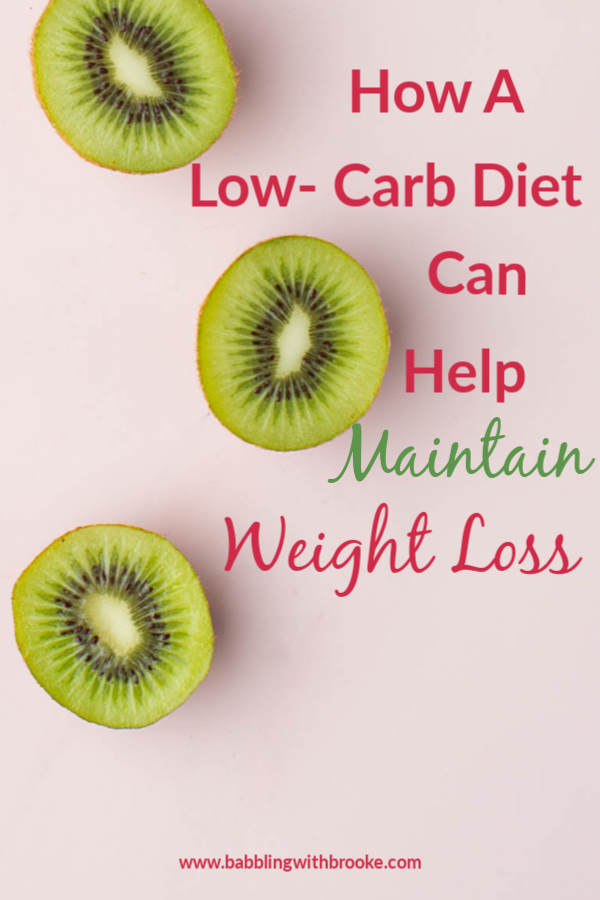
Are you thinking about losing some weight? Maybe you’re not sure how.. I get it!
I can tell you, I tried everything to lose weight and for a while I simply resigned myself to simply maintaining the weight I was at.
However, I stumbled upon the Keto Diet (a low-carb diet plan) and found that it worked!
I know I have absolutely no credentials to tell you to try this diet or even why it works, but you might consider listening to the Doctors from Dr. Oz?
Here is some helpful information on the low-carb diet plans and why they work! Plus, studies that have shown it to be effective.

How A Low-Carb Diet Might Help You Maintain Weight Loss- Dr. Oz
I hear from friends and colleagues all the time that losing weight is hard. But why is that? You’ve probably followed all the rules like eat less, count calories, and watch the fat. You’ve likely even lost weight, only to find your body rebel against you, so that you gained the weight right back.
Well, now a groundbreaking new study published in the British Medical Journal suggests that not all calories are the same and it’s time to revisit our most fundamental dietary advice. The Harvard researchers fed participants 150,000 meals over the course of this meticulous study and measured how much energy they burned over 20 weeks.
During this period, they found that a low-carb diet can increase our metabolism so that we actually burn about 250 more calories a day on a diet with 20 percent carbs compared to a diet comprised of 60 percent carbs. They also found that the subjects had a sharp decrease in the hunger hormone called ghrelin when their intake of carbs decreased. This all suggests that a low-carb diet could make it easier to maintain weight loss by preventing that rebound weight gain that is so common because you can actually eat more and feel less hungry.
So what does a 20 percent carb diet look like? Well, the good news is that it’s not requiring you to give up any and all carbs. You could have a burrito, but instead of having it with rice, you can add avocado and sour cream. Or if you’re having eggs for breakfast, you just skip the bagel and swap in cheese but still have a glass of juice.
When I spoke to the main author Dr. David Ludwig, he told me this new finding was especially important for people who are high insulin secretors. Insulin is the hormone that regulates blood sugar and some people secrete a lot more than others when they eat carbs. If your body type is more of an apple shape than a pear shape, you are most likely a high insulin secretor.
The main drawback to the low-carb diet that they used in this study is it was high in saturated fat, which is the kind that isn’t good for your heart. But there’s no reason you can’t swap out animal fats for healthy plant-based fats instead.
The big question you may be asking is why hasn’t this been done before? The reason is that studies like this are very difficult to do, take a long time, and cost a lot of money. Companies spend hundreds of millions of dollars on drug studies, but nutrition studies which are even more complicated don’t get that kind of funding from the National Institutes of Health (NIH). This study was actually funded largely by a 12 million dollar donation, which helped bring it to life.
No matter what type of diet plan you are interested in, it’s always important to do it the healthy way. Make sure to speak to your doctor before making any lifestyle changes.

Conclusion:
Hopefully this helps you understand the science behind the low-carb diets. The only thing I know is that this plan worked for me! If you are interested in trying a low-carb diet but aren’t sure you will like the food (I was wary at first too), then check out some of my low carb dinner recipes.
I am a cook and baker at heart, and trust me when I say I am very particular on eating delicious food. I will not steer you wrong, these recipes are delicious! And if you are looking for a specific recipe but can’t find a low-carb version, let me know and I will see what I can do to create the recipe for you!
Send me an email at brooke@babblingwithbrooke.com if you have any questions, I would love to hear from you!
Happy Cooking!
To get the full article from the Dr. Oz Blog, head over there now!
